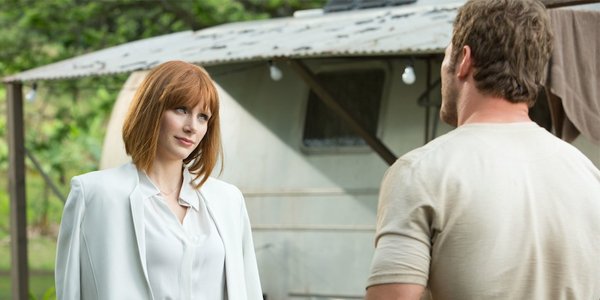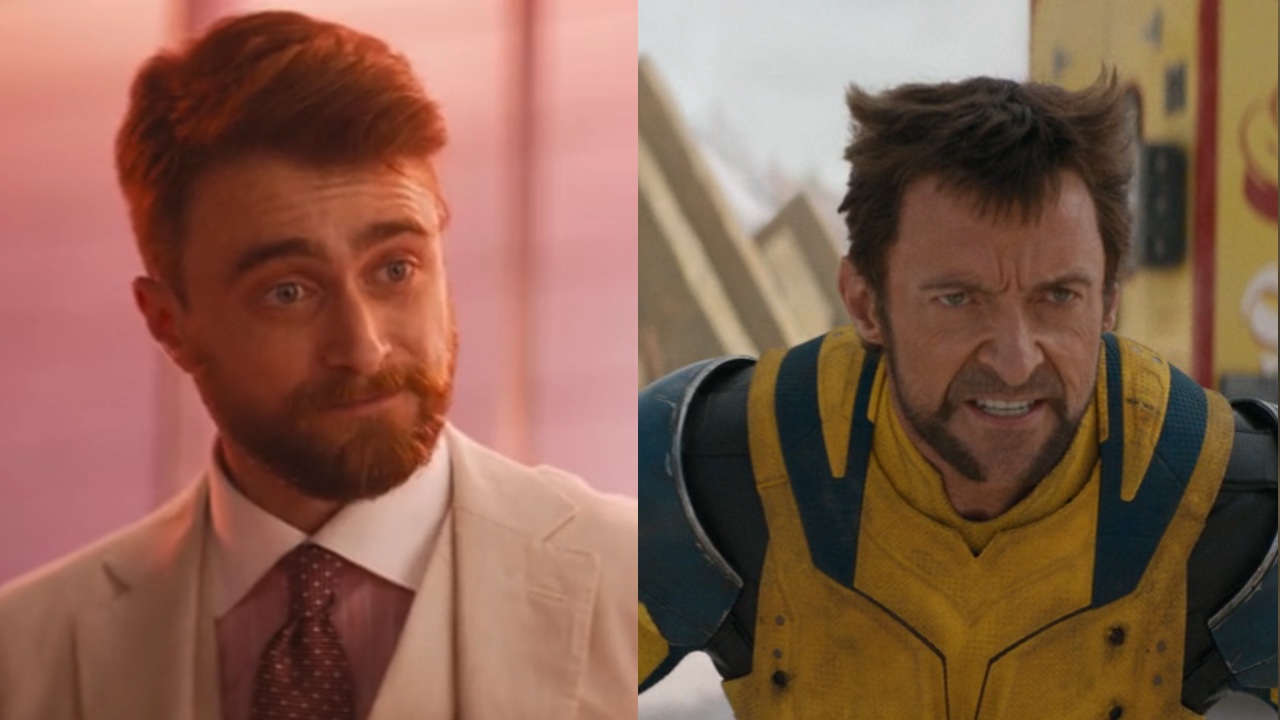Jurassic World Director Says Joss Whedon Was Right, And Wrong, To Criticize

Your Daily Blend of Entertainment News
You are now subscribed
Your newsletter sign-up was successful
We’re now a few months removed from a highly publicized social media incident over comments made about Jurassic World that indirectly helped lead to Joss Whedon permanently removing himself from Twitter. Yet, as the movie readies its release next week, Whedon’s initial accusations of sexism still stings for those connected to the film. In fact, director, Colin Tevorrow recently responded, giving comments that both affirm and refute Whedon’s words.
In an interview with Italian news site, Bad Taste (via posted translation from Coming Soon), Colin Trevorrow, who co-wrote and directed Jurassic World, the object of Joss Whedon’s brief public scorn, made a nuanced response to the controversial critique made by The Avengers overlord. According to Trevorrow:
I wasn’t bothered by what he said about the movie and, to be honest, I don’t totally disagree with him. I wonder why [Universal] chose a clip like that, that shows an isolated situation within a movie that has an internal logic. That starts with characters that are almost archetypes, stereotypes that are deconstructed as the story progresses."
The 90 second clip in question depicts an interaction in which Bryce Dallas Howard’s Claire Dearing, apparently in charge of the titular dinosaur-teeming theme park, attempts to fix a colossal mess by recruiting Chris Pratt’s Owen Grady, an eccentric dinosaur trainer who even managed to domesticate velociraptors. While the dynamic depicted between the two with Claire’s bookish uptight nature and Owen’s enigmatic flirting reflects their apparent past, the clip was contextually interpreted as being what Whedon called "70’s era sexist."
Interestingly enough, Trevorrow seems to agree with the comment, at least in the sense of the way the clip was presented. However, he refutes the idea that it reflects the larger dynamic of the film. As Trevorrow continues:
The real protagonist of the movie is Claire and we embrace her femininity in the story’s progression. There’s no need for a female character that does things like a male character, that’s not what makes interesting female characters in my view. Bryce and I have talked a lot about these concepts and aspects of this character.
Colin Trevorrow seems to be making the case that the knee-jerk accusations of sexism are rooted in the equally stereotypical belief that strong female characters have to be depicted as carrying themselves in the exact same way as their male counterparts. Identifying Claire as the film’s proper protagonist, it’s pretty clear that she’s not going to be spending the duration of the film daintily filling out spreadsheets in her office in between manicures. Her role in the film will clearly be the most poignant, but in a way that could depict her strength uniquely to her character.
Bryce Dallas Howard, herself, seems to concur with such a notion when she also recently addressed Whedon’s comments for The Huffington Post. According to Howard:
There was a part of me, being such a fan of [Whedon], that was like, ‘Nooooo!’ Especially because when you see the movie it’s not at all like that. But we make movies, and it’s out there for public opinion, and I hope he likes the movie!"
Of course, at this point, harping over Whedon’s comments only beats a dead horse, since he has already expressed a level of contrition over the manner in which he made the critique. The ensuing backlash of Whedon’s accusations of sexism did come back to bite him with counter-accusations of hypocrisy; notably over the way Scarlett Johansson’s last turn as Black Widow in Avengers: Age of Ultron was interpreted by some as depicting a melancholy, victimized damsel. However, regardless of the subjective validity to these exchanges of indignation, the clear moral of the story points to the problematic nature of judging things prematurely.
Your Daily Blend of Entertainment News
Jurassic World will look to refute its 70’s sexist label with huge freaking dinosaurs and other exciting stuff when it hits theaters on June 12.
